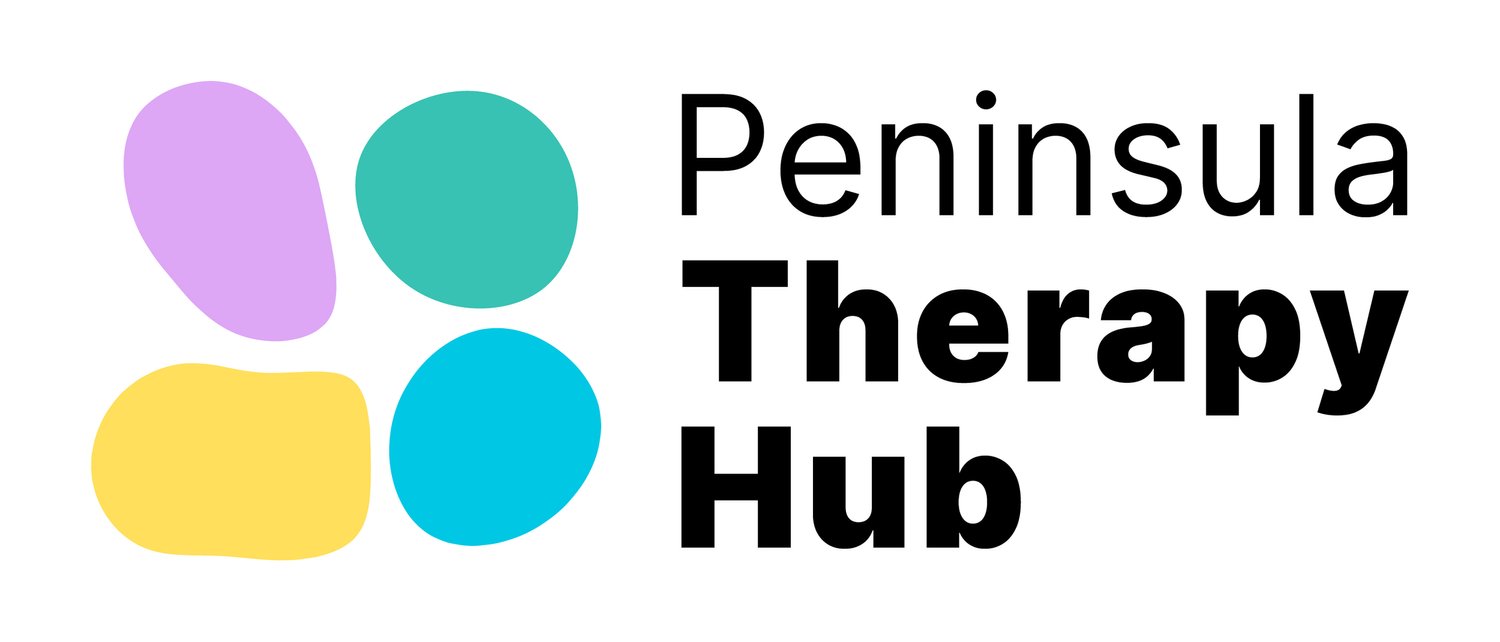Frequently Asked Questions
-
It is difficult to determine how many sessions your child will require, as each child is unique. Some children may only need 12 sessions to work through their challenges, others may require 30 or more depending on their situation. It is important to remain in communication with your Play Therapist to review your child’s progress and discuss the plan for your child’s intervention.
-
The sessions are 50 minutes in the playroom. We usually say to allow an hour in total for a debrief with your therapist before/after the session.
-
Sessions are held at the same day and time, on a weekly or fortnightly basis. Please note that it is recommended that new clients commence their sessions on a weekly basis, as this consistency will help the child to develop a relationship with their therapist.
-
It is typically preferable that you do not accompany your child into the playroom. This is to allow your child the space to express their feelings freely and openly, without any fear of offending you or being judged. If you feel that your child may find it difficult to separate from you for any reason, please discuss this with your therapist. It is important your child feels safe in the playroom, so there are times when parents may be required to remain in the room with their child until they feel comfortable.
-
It is important that your Play Therapist is able to build a strong and trusting relationship with your child. Following a play therapy session, your Play Therapist will give you a general overview of what your child has done that day, however they may not go into detail about exactly what has been said or done. There are some exceptions to this, such as if your child has given permission for something to be shared, if any form of disclosure has been made by your child, or if your Play Therapist feels that there may be/have been a risk of harm to your child.
-
Please refrain from asking your child if they had fun as they exit their Play Therapy session. There is an assumption that Play Therapy is always a fun place for children. The truth is that sometimes, time in the playroom is not fun, as children may be processing things that are upsetting, confusing or traumatic. When a child is met with this question following a more difficult Play Therapy session, it can cause them to feel as though they have not ‘played right’ and cause them more distress.
Instead, we ask that you simply acknowledge that your child has finished their time in the playroom, let them know that you are excited to see them again, or remind them about whatever place/activity they are moving onto next.
As your child’s time in the playroom is confidential, please do not press them to tell you what they have played with during their session. However, you can let them know that they can tell you about if/when they would like to.
-
While it is up to you to determine when you would like to end your child’s Play Therapy sessions, we ask that you give us at least 2 sessions notice. This allows for your Play Therapist to ensure that your child has an adequate amount of time to prepare for a therapeutic ending. An abrupt ending to therapy can be detrimental and confusing for your child.
-
As our Play Therapists are not clinical Psychologists, we unfortunately cannot give any formal diagnosis or assessment. We will however let you know if we feel that it may be necessary for you to seek further assessment for your child.
Whether or not your child has a formal diagnosis, does not impact the way in which we will work with them.
-
Yes, as long as you are self managed or plan managed.
-
Unfortunately not. Play Therapy is not currently recognised under Mental Health Care Plans.
-
Unfortunately not. Play Therapy is not currently recognised with Medicare or Private Health Insurance.
